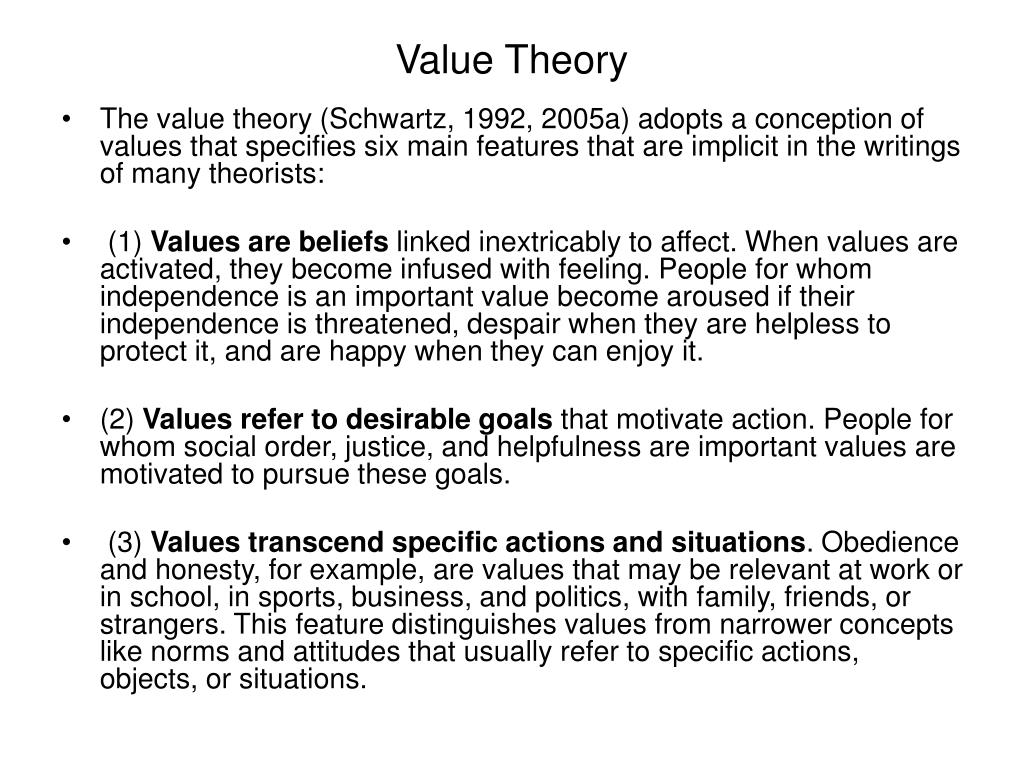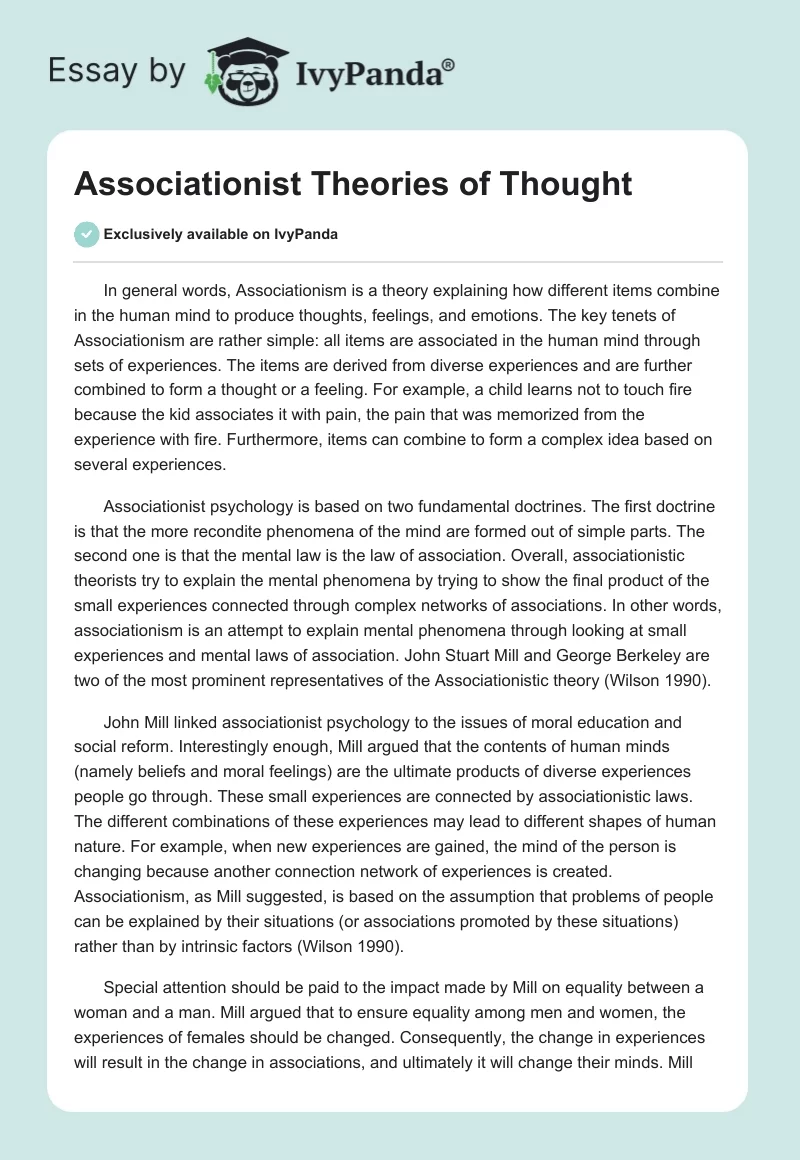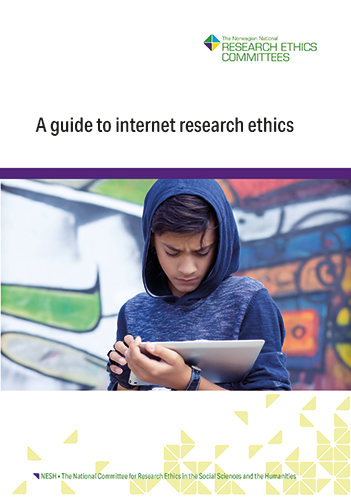Studia Logica: An International Journal for Symbolic Logic, recently published and then retracted two articles by Janusz Czelakowski (Opole) following a discussion at MathOverflow, a site for professional mathematicians.
The articles are “The Twin Primes Conjecture is True in the Standard Model of Peano Arithmetic: Applications of Rasiowa–Sikorski Lemma in Arithmetic” and “There are Infinitely Many Mersenne Prime Numbers. Applications of Rasiowa–Sikorski Lemma in Arithmetic“, both published on October 25th.
The first article drew the attention of MathOverflow because of its ambitiousness. Here is its abstract:
The paper is concerned with the old conjecture that there are infinitely many twin primes. In the paper we show that this conjecture is true, that is, it is true in the standard model of arithmetic. The proof is based on Rasiowa–Sikorski Lemma. The key role are played by the derived notion of a Rasiowa–Sikorski set and the method of forcing adjusted to arbitrary first–order languages. This approach was developed in the papers Czelakowski [4, 5]. The central idea consists in constructing an appropriate countable model AA of Peano arithmetic by means of a Rasiowa–Sikorski set. This model validates the twin prime conjecture. Since AA is elementarily equivalent to the standard model, the conjecture follows. Thus the standard model validates the twin primes conjecture. More generally, it is shown that de Polignac’s conjecture has a positive solution. The paper employs methods borrowed from the contemporary mathematical logic. Such a ’logical’ approach may be viewed as a useful addition to the dominant methodology in number theory based on mathematical analysis.
The discussion at MathOverflow began on October 26th with this comment from “Glycerius”:
It seems like the article “The Twin Primes Conjecture is True in the Standard Model of Peano Arithmetic: Applications of Rasiowa–Sikorski Lemma in Arithmetic (I)” by Janusz Czelakowski published in Studia Logica yesterday, claims to have proven that the twin prime conjecture holds in the standard model of Peano arithmetic using the technique of forcing. This seems like a very significant achievement (if the claim is not erroneous) but I am by no means an expert in logic or number theory, and therefore I’m not qualified enough to understand and evaluate the contents of this paper. So I would appreciate others’ inputs on whether this claim has merit.
In an October 28th response, James Hanson (Maryland) claims to identify a central error in the paper:
He goes on to elaborate on this in his comment, which you can read in its entirety here.
Following the publication of Hanson’s remarks, a retraction notice, dated October 31st, from Studia Logica editor-in-chief Jacek Malinowski appeared on the journal’s website:
Studia Logica is published by Springer, but the retraction notice does not appear on the publisher’s pages for the journal, nor are the articles yet marked as retracted.
The incident was brought to my attention by Eric Schliesser (Amsterdam) on Twitter, where he noted that it was a victory for post-publication review, along the lines defended by Liam Kofi Bright (LSE) and Remco Heesen (Western Australia, Groningen) (see here).
He also noted a strangeness in Malinowski’s retraction notice:
It’s weird because he admits to irregularities in the review process—without explaining what they were. So why think this authors’ papers are the only ones?
He adds:
I have no doubt the apologies are sincere (and the responsibility indeed felt), but apologizing for reputational damage is peculiar. The apology should be for the apparent referee shannanigans (favoritism?) and for putting out subpar work.
Were there “shenanigans”? Catarina Dutilh Novaes (VU Amsterdam) notes:
Line-by-line checking of mathematical proofs is the exception, not the rule. It’s relatively common that mistakes are found post-publication.
Yet Benedict Eastaugh (Warwick) says:
It was not hard to see that this paper had problems, and it didn’t take long for someone to locate a fatal error once it was looked at with a modicum of care. I agree that line-by-line checking is exceptional, but it would not have been necessary in this case.
I have asked Malinowski whether Czelakowski’s papers had gone through anonymized peer review but (quite reasonably) he hasn’t gotten back to me yet. I’ll update the post when he does.
It may be worth noting that Studia Logica uses single-anonymized review, which means the author identity is known to the reviewer and the editor. It may also be worth noting that Czelakowski is one of the associate editors of the journal in which his articles appeared. That raises the possibilty of a potential conflict of interest that could lead to corruption of the peer review process, but needn’t if strict measures are adhered to. I’m curious what readers think about that in general.
Originally appeared on Daily Nous Read More







